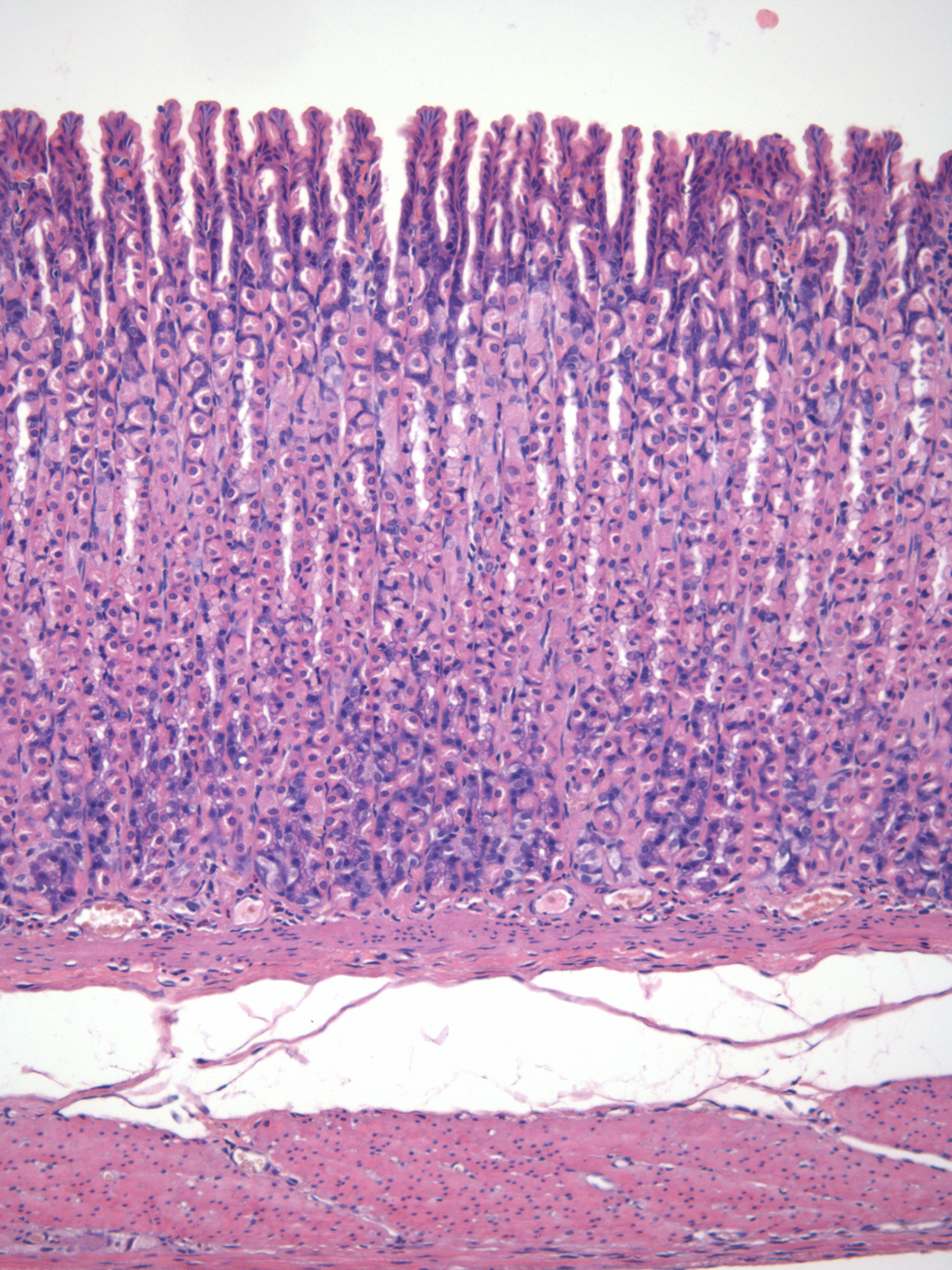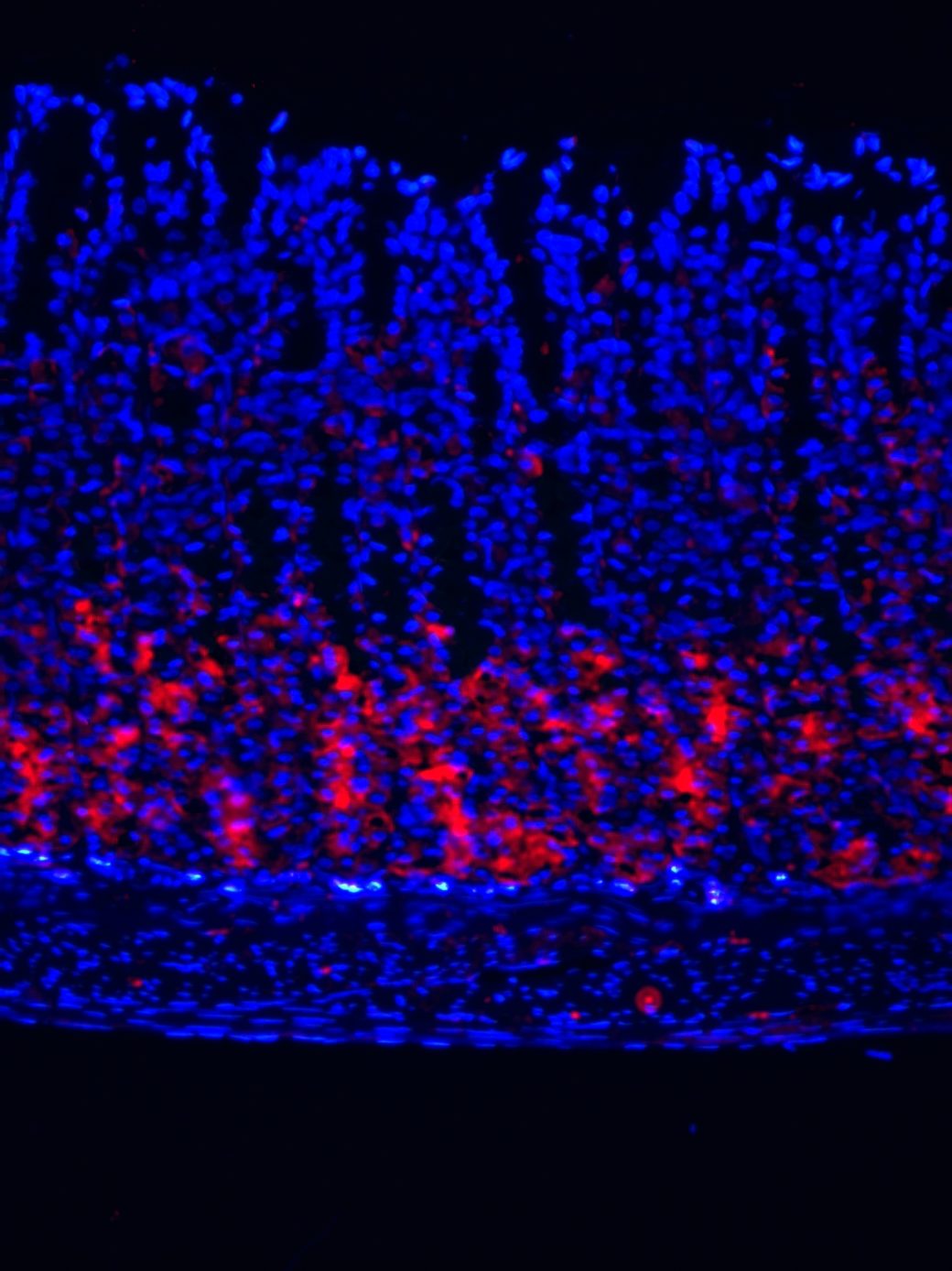Our research
Our laboratory is interested in the study of the gastrointestinal tract during postnatal developmental stages. We focus on proliferation, differentiation and death events in the digestive epithelia, processes that are controlled by a group of factors that involve feeding patterns, hormones and growth factors. Thus, we look forward to studying the effect of regulatory mechanisms during development, using molecular, cellular and tecidual biology techniques.
Biology of digestive epithelium
We are interested in the study of gastrointestinal mucosa, focused on the gastric and intestinal epithelia during pre and postnatal developmental stages in rats. The events surrounding this process are: proliferation, differentiation, migration and cell death, and these events are balanced in a normal adult individual, allowing maintenance of the tract. However, the dynamic is different during pre and postnatal stages, considering that the processes are focused on the growth and maturation of the mucosa present in the tract. Therefore, we aim to comprehend the mechanisms surrounding control of the development of the gastrointestinal tract in unbalanced conditions, given that such conditions can lead to pathologies, such as tumors and ulcers. The following topics of research we conduct are extensions and sub-themes of this main topic.
The processes during postnatal stages occur driven towards growth, and one of the factors that are able to affect the development of the gastrintestinal mucosa is suckling, the active peptides and hormones found in milk have important functions in the development. However, conditions that alter these processes, such as early weaning, can lead to modifications in the events of proliferation and differentiation. Thus we aim to evaluate how suckling controls growth and development of the stomach and small intestines. Also, we are also interested in to analyzing the effect of fasting in the proliferation of gastric mucosa in animals during post-natal development. The method consists in changing the feeding conditions (fasting) or patterns (early weaning) to comprehend the importance of suckling in growth and control on hormones, such as corticosterone, ghrelin and growth factors.
Our objective is to comprehend the signaling pathways activated in the gastrintestinal tract, such as pathways activated by corticosteroids through its association with the receptor GR, and by growth factors such as TGF-β, TGF-α and EGF (EGFR), FGF and Wnt. These pathways can influence the processes involved in the kinetics of the gastrintestinal tract.


